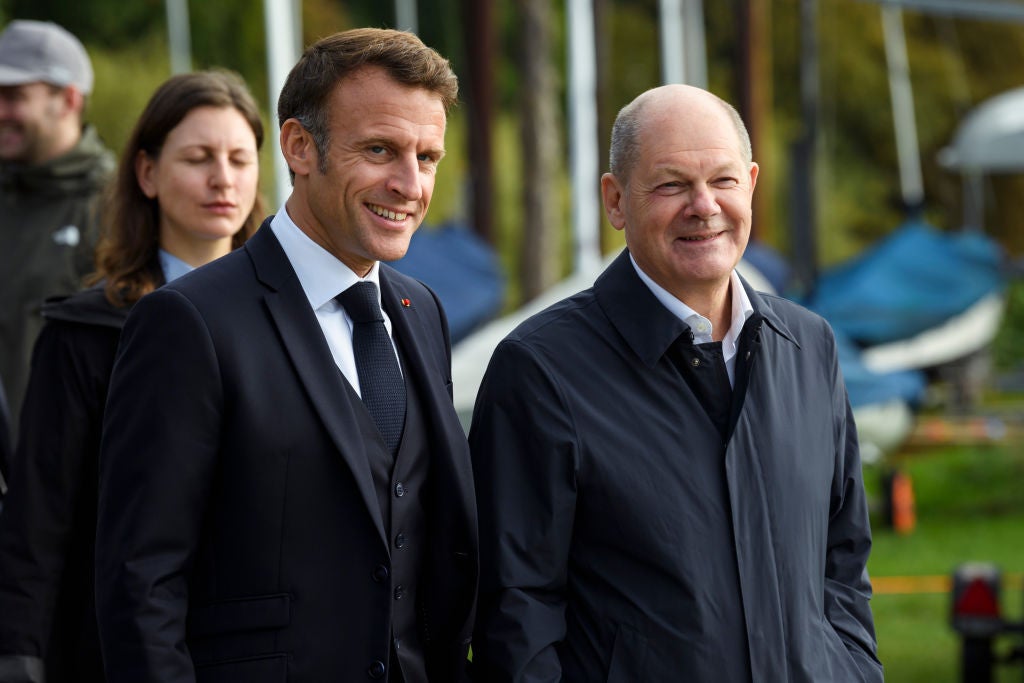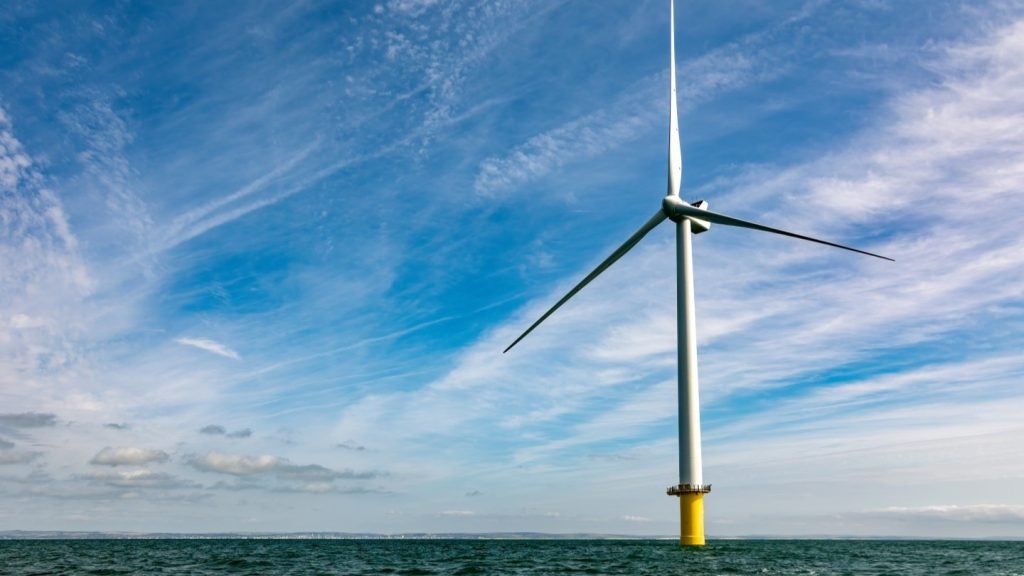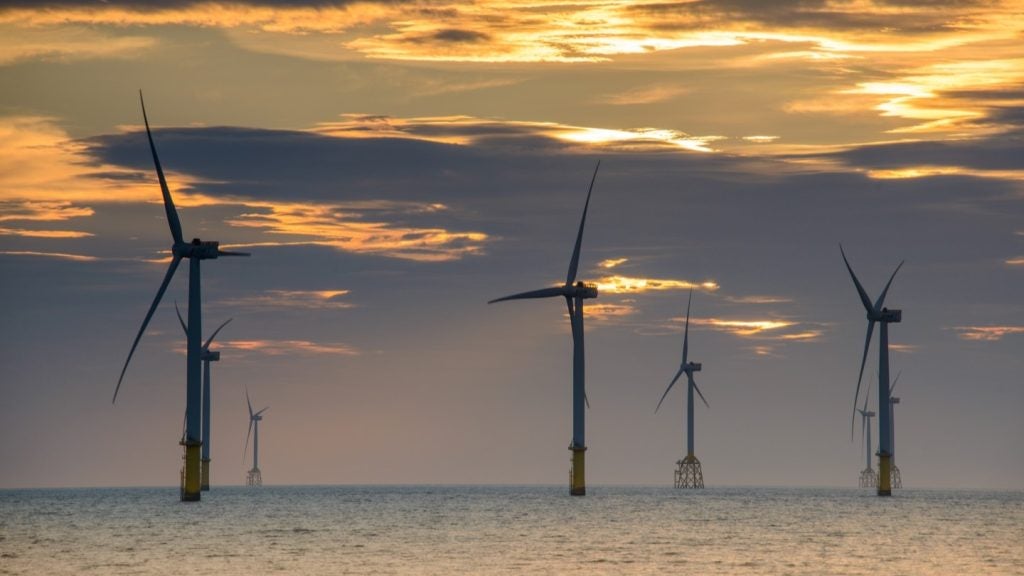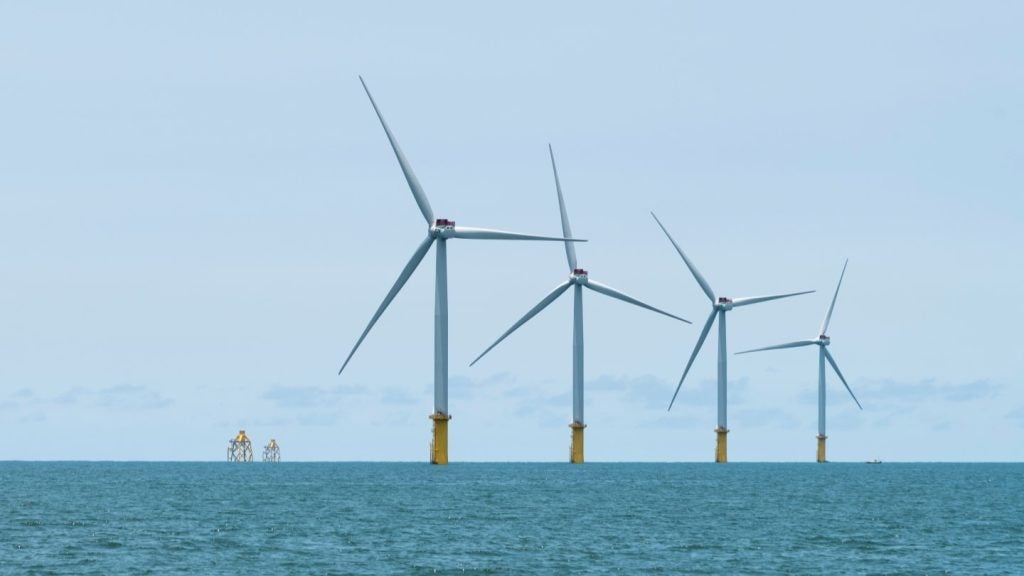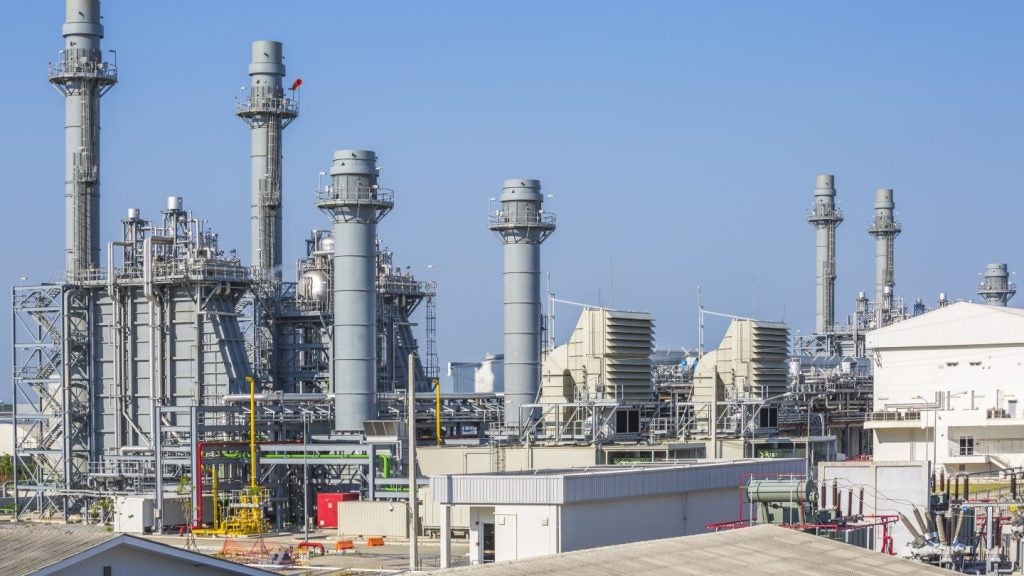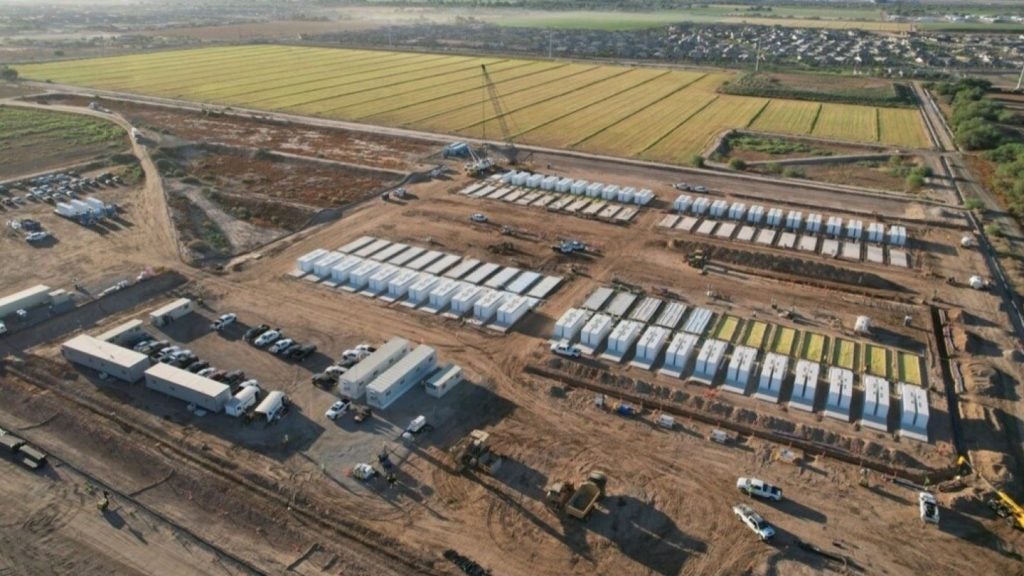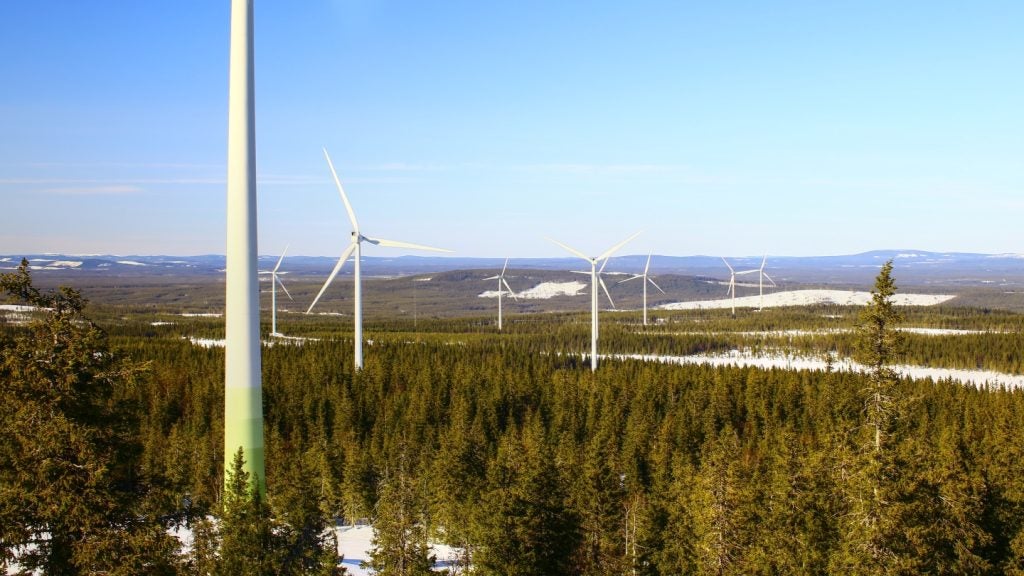EU energy ministers are seeking to resolve differences over the use of contracts for difference (CfDs) to support nuclear energy investment on Tuesday. Some countries support the initiative as they see CfDs as key to incentivising investment in an industry with uncertain rates of return on capital. Others believe CfDs will disrupt the pricing mechanism for energy markets in Europe.
However, officials said it would not be “the end of the world” if they fail to reach an agreement. An official, who wished to remain anonymous, said on Friday: “If we do not get an agreement on Tuesday, we will need to think about Wednesday.”
Due to the lack of an agreement, the EU Council is blocking draft power market design reforms from being finalised with the European Parliament and made binding.
In March 2023, the EU Commission laid out proposals for energy market design. These included the provision of CfDs, which give producers a guaranteed strike price for their output over a certain period. It also included forward contracts that lock in future prices to combat the volatility of energy markets.
According to the Parliament’s lead negotiators, it is Germany and France that are disagreeing about the use of CfDs for nuclear energy and this could stop reforms from being finalised by the end of the year.
Germany is opposed to the reform as it wants strict controls and monitoring of CfDs to ensure governments cannot give their companies an unfair competitive advantage and distort the price mechanism in European energy markets.
France is a strong advocate of the CfDs. This perhaps comes as no surprise as France is the biggest nuclear energy producer in Europe and hopes for further investment in its domestic industry. The nation, along with nine other EU states, wants less oversight by the European Council on how the CfDs are used.


